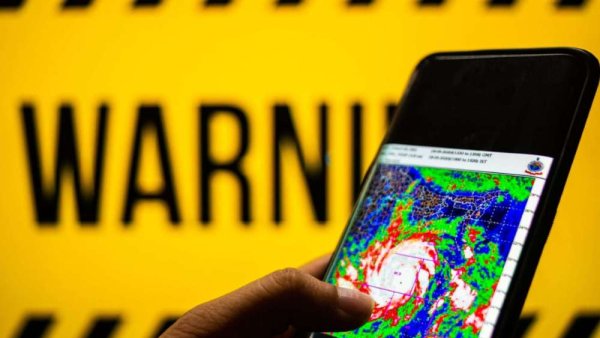Expansion of Radar Networks to Improve Weather Information Services in Africa
Heavy rainfall is increasingly causing disasters and damages in many African countries.
Flooding and erosion are often associated with heavy rainfall, and while they cannot be prevented entirely, there are actions that can mitigate their impacts.
Friederike Otto, an expert in climate science, has explained in a paper the various ways in which the Earth’s climate can be influenced by heavy rainfall, showing that while the occurrence of heavy rainfall cannot be attributed directly to climate change, its impacts can vary.
She has shown that Radar technology used to provide weather information and forecast helps in disaster risk reduction, leading to fewer casualties in Africa and improving people’s livelihoods.
The World Meteorological Organization (WMO) reveals that the United States and Europe have one radar for every million people, providing data every 636 seconds, while in Africa, there are only 37 radars, some of which were installed in 2019 and many are in need of repair or replacement.
The WMO also indicates that 60% of Africans do not have access to timely weather information or are not equipped with the necessary technology to cope with weather extremes or adapt to climate change.
Effective radar and technology are crucial because in 2019, some East African countries were hit by a cyclone with wind speeds of 165 kilometers per hour, causing more casualties than the one that hit America in 2021, which had wind speeds of 251 kilometers per hour, as people were better informed and able to evacuate in advance.
The lack of timely weather information led to numerous disasters in Libya in September 2023, including collapsing houses, flooded roads, and many deaths due to heavy rainfall.
Friederike Otto argues that there is a need for increased funding at this level, so that radars can provide daily weather information and be upgraded in Africa, as well as be more responsive to improve their performance.
The Global Center on Adaptation (GCA), an organization that provides advice to governments and international bodies, has shown that providing 24-hour advance information can reduce the impact of disasters caused by heavy rainfall and erosion by up to 30% in Africa.
The WMO estimates that $800 million is needed annually for weather-related activities, including climate-related technology, and that this can reduce the cost of disasters caused by flooding and erosion, estimated at between $3 billion and $16 billion annually.

